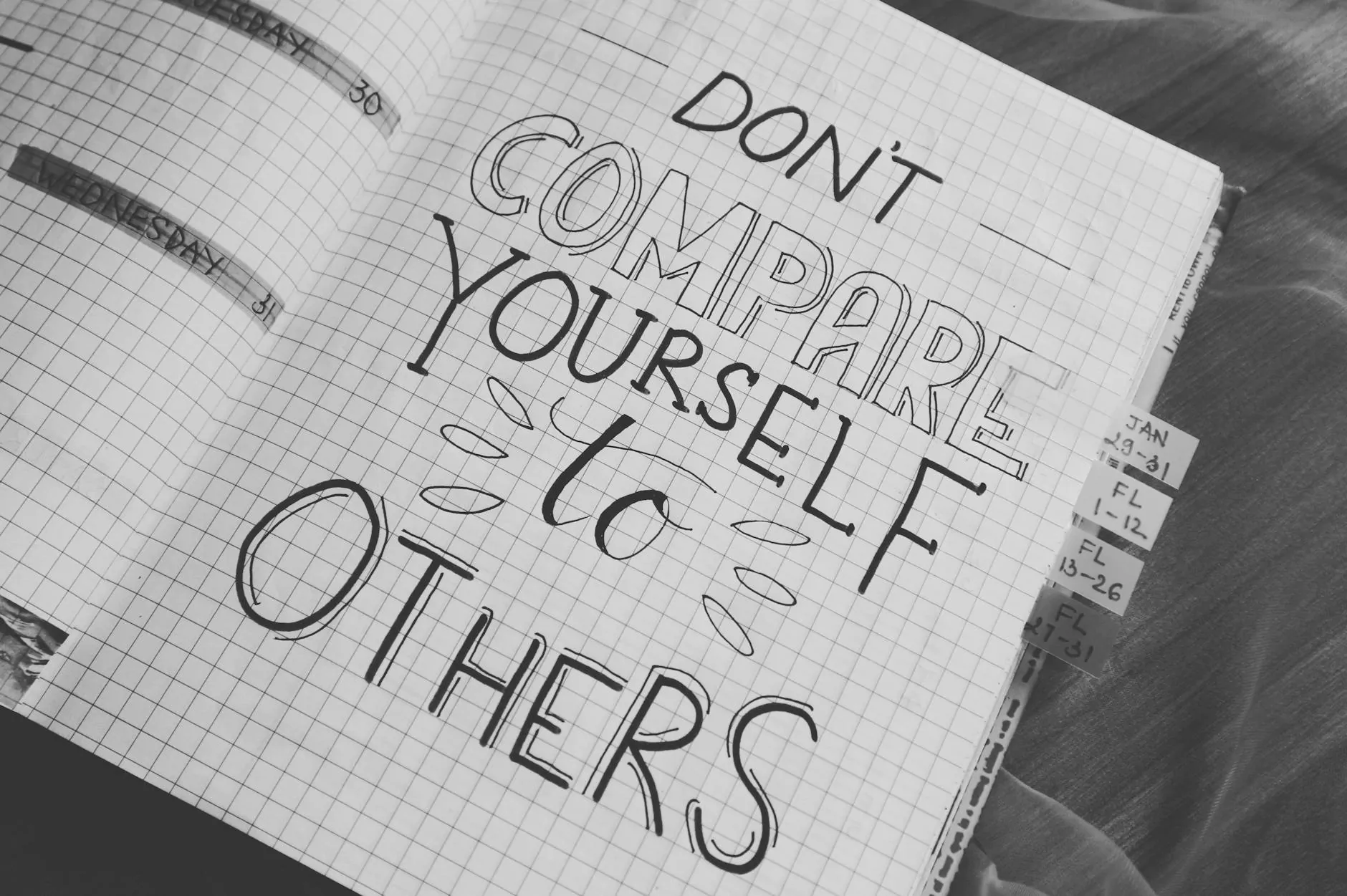Empowering Communities and Building Faith: The Impact of Churches and Non-Profits in Community Development

In today's dynamic urban landscapes, religious organizations and non-profit entities play a critical role in shaping communities, nurturing faith, and providing essential social services. Among these influential organizations stands https://bridgechurchnyc.com/, a beacon of hope and community engagement that exemplifies the profound impact of churches dedicated to community upliftment and spiritual growth. This comprehensive exploration delves into how religious organizations and non-profit initiatives are integral to cultural cohesion, socioeconomic development, and individual empowerment.
Understanding the Role of Churches and Community Service Organizations in Society
Clerical Leadership and Spiritual Guidance
At the core of every thriving church and religious organization lies dedicated leadership committed to guiding individuals through life's spiritual and moral challenges. Faith-based institutions such as those showcased on https://bridgechurchnyc.com/ serve as spiritual sanctuaries where community members find solace, inspiration, and a sense of belonging. These churches often provide religious education, worship services, and spiritual counseling, fostering an environment of continuous growth and moral integrity.
Building Stronger Communities Through Outreach and Service
Religious communities are uniquely positioned to mobilize human and material resources to address urban challenges. Community outreach programs — including food pantries, homeless shelters, youth mentorship, and health initiatives — are fundamental in alleviating poverty and promoting health equity. By actively engaging in outreach, churches like those associated with https://bridgechurchnyc.com/ exemplify the power of faith in action, transforming lives and fostering resilience in marginalized populations.
Specific Contributions of Churches and Non-Profits in Urban Settings
Addressing Socioeconomic Challenges
- Providing Emergency Assistance: Food aid, emergency housing, and clothing donations.
- Supporting Education: After-school programs, scholarship opportunities, and literacy initiatives.
- Promoting Health & Wellness: Free clinics, mental health counseling, addiction recovery programs.
Fostering Community Cohesion and Cultural Identity
Religious organizations serve as cultural anchors for diverse populations, celebrating heritage and creating spaces where multicultural expressions are embraced. They uphold traditions and foster intercultural dialogue, which strengthens social fabric in diverse urban environments.
Advocacy and Social Justice
Many churches and non-profits are involved in advocating for policy changes that promote social justice, equality, and human rights. Through community organizing and partnerships with local agencies, these organizations amplify marginalized voices and push for systemic reforms.
The Unique Value Proposition of https://bridgechurchnyc.com/
Holistic Community Engagement
The website https://bridgechurchnyc.com/ exemplifies a church that combines spiritual teachings with community development efforts. Their approach integrates worship, education, and outreach to create an inclusive environment where individuals can heal, grow, and serve one another.
Innovative Programs and Initiatives
The organization prioritizes innovative programs tailored to meet evolving community needs, such as financial literacy workshops, youth empowerment initiatives, and mental health support groups. These efforts demonstrate a forward-thinking approach that aligns faith with practical societal needs.
Partnerships and Collaborative Efforts
By forging partnerships with local government bodies, schools, and other non-profits, https://bridgechurchnyc.com/ amplifies its impact and broadens its reach. Collaborative efforts ensure comprehensive support systems, making communities more resilient and self-sufficient.
The Impact of Faith-Based Non-Profits on Economic Development
Job Creation and Economic Stimulus
Religious organizations often serve as hubs for job creation, supporting local economies through the employment of staff, volunteers, and partnering vendors. Moreover, their programs attract funding and donations that stimulate economic activity in their neighborhoods.
Encouraging Volunteerism and Civic Engagement
Faith communities inspire active citizenship, fostering a culture of volunteerism that sustains community projects and encourages civic participation. Volunteers gain valuable skills while contributing meaningfully to societal betterment, creating a cycle of positive community engagement.
Measuring Success: Social Impact Metrics for Churches and Non-Profits
Assessing the effectiveness of community efforts involves tracking specific metrics such as:
- Number of individuals served through outreach programs
- Reduction in homelessness and poverty levels
- Educational achievement rates among youth participants
- Improved health outcomes within the community
- Volunteer hours contributed and community events hosted
These metrics help organizations like https://bridgechurchnyc.com/ demonstrate transparency, accountability, and continuous improvement.
Creative Strategies for Non-Profit Growth and Community Impact
Digital Engagement and Outreach
Leveraging digital platforms, including social media and websites, broadens outreach and engages younger demographics. A compelling online presence, like that of https://bridgechurchnyc.com/, facilitates donor engagement, volunteer recruitment, and dissemination of information about community programs.
Fundraising and Grant Acquisition
Securing funding through grants, donations, and special events ensures sustainability. Strategic fundraising campaigns emphasize transparency and showcase social impact to attract ongoing support.
Continual Capacity Building
Ongoing training for staff and volunteers enhances program delivery and organizational effectiveness. Incorporating feedback from community members ensures programs remain relevant and impactful.
How to Partner with Churches and Non-Profits for Community Development
Organizations, businesses, and individuals seeking to collaborate can:
- Identify mutual goals aligned with community needs.
- Engage with organizations like https://bridgechurchnyc.com/ to understand ongoing initiatives.
- Volunteer their time, expertise, or financial resources.
- Participate in community events and outreach programs.
- Support policy advocacy efforts for systemic change.
Conclusion: The Future of Churches and Non-Profits in Creating Thriving Communities
The future of religious organizations and community service/non-profit initiatives is vibrant and promising. As urban populations continue to grow and evolve, these institutions will remain essential catalysts for positive change—fostering social cohesion, empowering individuals, and addressing societal disparities.
Organizations like https://bridgechurchnyc.com/ exemplify the transformative power of integrating faith-based leadership with community development strategies. Whether through providing essential services, advocating for justice, or nurturing spiritual growth, their contributions are vital to building resilient, inclusive, and prosperous urban communities.
Embrace the Movement: Joining the Effort to Drive Community Change
Everyone has a role to play in community transformation. By supporting churches and non-profits dedicated to social upliftment, individuals and organizations contribute to a ripple effect of hope, faith, and renewal that can inspire generations.
Together, we can create vibrant, empowered communities where faith and service work hand in hand to forge a better future for all.









